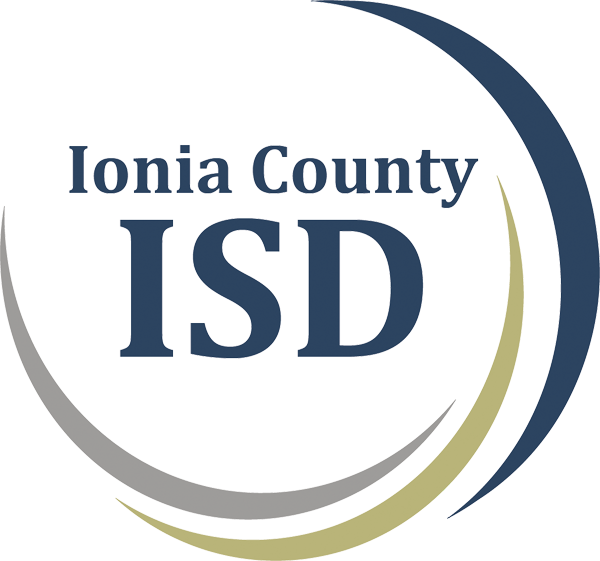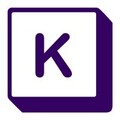21st Century Skills
1. Core Subjects and 21st Century Themes
Mastery of core subjects and 21st century themes is essential for students in the 21st century. Core subjects include:
- English, reading or language arts
- World languages
- Arts
- Mathematics
- Economics
- Science
- Geography
- History
- Government and Civics
In addition to these subjects, we believe schools must move beyond a focus on basic competency in core subjects to promoting understanding of academic content at much higher levels by weaving 21st century interdisciplinary themes into core subjects:
Global Awareness
- Using 21st century skills to understand and address global issues
- Learning from and working collaboratively with individuals representing diverse cultures, religions and lifestyles in a spirit of mutual respect and open dialogue in personal, work and community contexts
- Understanding other nations and cultures, including the use of non-English languages
Financial, economic, business and entrepreneurial literacy
- Knowing how to make appropriate personal economic choices
- Understanding the role of the economy in society
- Using entrepreneurial skills to enhance workplace productivity and career options
Civic Literacy
- Participating effectively in civic life through knowing how to stay informed and understanding governmental processes
- Exercising the rights and obligations of citizenship at local, state, national and global levels
- Understanding the local and global implications of civic decisions
Health Literacy
- Obtaining, interpreting and understanding basic health information and services and using such information and services in ways that are health enhancing
- Understanding preventive physical and mental health measures, including proper diet, nutrition, exercise, risk avoidance and stress reduction
- Using available information to make appropriate health-related decisions
- Establishing and monitoring personal and family health goals
- Understanding national and international public health and safety issues
2. Learning and Innovation Skills
Learning and innovation skills are increasingly being recognized as the skills that separate students who are prepared for increasingly complex life and work environments in the 21st century, and those who are not. A focus on creativity, critical thinking, communication and collaboration is essential to prepare students for the future.
Creativity and Innovation
- Demonstrating originality and inventiveness in work
- Developing, implementing and communicating new ideas to others
- Being open and responsive to new and diverse perspectives
- Acting on creative ideas to make a tangible and useful contribution to the domain in which the innovation occurs
Critical Thinking and Problem Solving
- Exercising sound reasoning in understanding
- Making complex choices and decisions
- Understanding the interconnections among systems
- Identifying and asking significant questions that clarify various points of view and lead to better solutions
- Framing, analyzing and synthesizing information in order to solve problems and answer questions
Communication and Collaboration
- Articulating thoughts and ideas clearly and effectively through speaking and writing
- Demonstrating ability to work effectively with diverse teams
- Exercising flexibility and willingness to be helpful in making necessary compromises to accomplish a common goal
- Assuming shared responsibility for collaborative work
3. Information, Media and Technology Skills
People in the 21st century live in a technology and media-suffused environment, marked by access to an abundance of information, rapid changes in technology tools, and the ability to collaborate and make individual contributions on an unprecedented scale. To be effective in the 21st century, citizens and workers must be able to exhibit a range of functional and critical thinking skills related to information, media and technology.
Information Literacy
- Accessing information efficiently and effectively, evaluating information critically and competently and using information accurately and creatively for the issue or problem at hand
- Possessing a fundamental understanding of the ethical/legal issues surrounding the access and use of information
Media Literacy
- Understanding how media messages are constructed, for what purposes and using which tools, characteristics and conventions.
- Examining how individuals interpret messages differently, how values and points of view are included or excluded and how media can influence beliefs and behaviors.
- Possessing a fundamental understanding of the ethical/legal issues surrounding the access and use of information
ICT Literacy
- Using digital technology, communication tools and/or networks appropriately to access, manage, integrate, evaluate, and create information in order to function in a knowledge economy
- Using technology as a tool to research, organize, evaluate and communicate information, and the possession of a fundamental understanding of the ethical/legal issues surrounding the access and use of information
4. Life and Career Skills
Today’s life and work environments require far more than thinking skills and content knowledge. The ability to navigate the complex life and work environments in the globally competitive information age requires students to pay rigorous attention to developing adequate life and career skills.
Flexibility & Adaptability
- Adapting to varied roles and responsibilities
- Working effectively in a climate of ambiguity and changing priorities
Initiative & Self-Direction
- Monitoring one’s own understanding and learning needs
- Going beyond basic mastery of skills and/or curriculum to explore and expand one’s own learning and opportunities to gain expertise
- Demonstrating initiative to advance skill levels towards a professional level
- Defining, prioritizing and completing tasks without direct oversight
- Utilizing time efficiently and managing workload
- Demonstrating commitment to learning as a lifelong process
Social & Cross-Cultural Skills
- Working appropriately and productively with others
- Leveraging the collective intelligence of groups when appropriate
- Bridging cultural differences and using differing perspectives to increase innovation and the quality of work
Productivity & Accountability
- Setting and meeting high standards and goals for delivering quality work on time
- Demonstrating diligence and a positive work ethic (e.g., being punctual and reliable)
Leadership & Responsibility
- Using interpersonal and problem-solving skills to influence and guide others toward a goal
- Leveraging strengths of others to accomplish a common goal
- Demonstrating integrity and ethical behavior
- Acting responsibly with the interests of the larger community in mind

